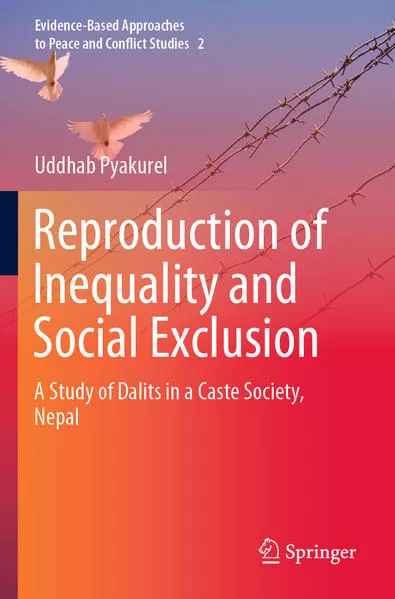
- Publikationen ca: 1
- Fragen & Antworten
Uddhab Pyakurel
Uddhab Pyakurel currently teaches political sociology while heading the Department of Development Studies at the School of Arts, Kathmandu University, Nepal. He completed his master’s degree in political science and sociology from Tribhuvan University, joined the Delhi School of Economics (University of Delhi) to pursue an M. Phil, and earned a Ph.D. from Jawaharlal Nehru University, New Delhi.
Pyakurel, who has been an adjunct fellow at the School of Social Sciences and Psychology, Western Sydney University of Australia, is also associated with various democracy forums including South Asian Dialogues on Ecological Democracy (SADED), Vasudhaiva Kutumbakam (VK), and the Network Institute for Global Democratization (NIGD). He often writes op-ed articles for local newspapers as part of his campaign for ‘public sociology’ and also engages in general academic articles and book chapters on poverty, people’s participation, social inclusion/exclusion, conflict, identity, democracy, elections, Nepal's foreign relations and other socio-political issues of Nepal and Asia. In addition, he is the author of the book Maoist Movement in Nepal: A Sociological Perspective (New Delhi: Adroit Publishers, 2007); co-author of three books: Nepal–India Open Border: Problems and Prospects (New Delhi: Vij Books, 2016), Dalit Representation in National Politics of Nepal (Kathmandu: NNDSWO, 2012) and State of Conflict and Democratic Movement in Nepal (New Delhi: Vij Books, 2013). Additionally, he is the editor of three books: Contemporary Nepal (Delhi: Kalinga Publications, 2012), Higher Education in Nepal: Inclusive Policy Guidelines (Lalitpur: School of Arts, Kathmandu University and SNV-Nepal, 2014), and Samajbad, Sambridhi Ra Bikas (Socialism, Prosperity and Development) (Kathmandu: Sangri-la Books, 2020). He also serves as the editor of the Nepali Journal of Contemporary Studies.
Reproduction of Inequality and Social Exclusion
This book is a detailed account of how hierarchy has been maintained historically by the Nepali state, affirming the uniqueness of a caste-based social order by bringing outsiders, especially ethnic groups and religious minorities, into the caste fold.
